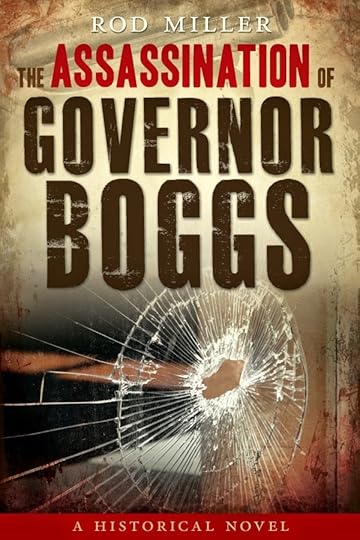Grand Openings: getting a book off to a good start.

From time to time I am asked to speak at writers’ conferences and workshops. It’s always a good time to congregate with people who like to write (and read) and talk about how to do a better job of stringing letters into words and words into sentences and sentences into paragraphs and so on. Among the many topics I have addressed in these appearances is “Grand Openings: How to get your book off to a good start.” In the presentation, we talk about techniques for writing effective opening lines for books and stories and such. We look at some outstanding opening lines from a variety of fiction and nonfiction books and examine what makes them work. It’s an interesting discussion, and most who have sat through it claim they learned something. Here are a few examples of strong opening lines included in the lecture, some you may recognize and some you may not:
· Call me Ishmael. (Herman Melville, Moby Dick)· It was a bright cold day in April, and the clocks were striking thirteen. (George Orwell, 1984)· We started dying before the snow, and like the snow, we continued to fall. (Louise Erdrich, Tracks)· He was dying faster than usual that morning, striping the sides of the dry sink with bloody sputum and shreds of shattered lung. (Loren Estleman, Bloody Season)· Beware thoughts that come in the night. (William Least Heat Moon, Blue Highways)· By the time Eustace Conway was seven years old, he could throw a knife accurately enough to nail a chipmunk to a tree. (Elizabeth Gilbert, The Last American Man)· This is the most beautiful place on earth. (Edward Abbey, Desert Solitaire)
And, all humility aside, I include the opening line from Chapter One of my novel The Assassination of Governor Boggs, which I think makes for a good start:
· Lilburn Boggs was never the same after getting shot in the head.
There are several techniques employed in good opening lines, but I believe the most important is a carefully measured amount of ambiguity—just enough to engage and involve readers and all but force them to read on to fill the gap.Effective (and affective) opening lines are important, I tell the audience, because if you grab a reader’s interest with the first sentence there’s a chance they’ll move on to the first paragraph, then the first page, the first chapter, and so on. But, if you don’t get them at the beginning, you’ll never get them to the end.
Published on June 13, 2014 07:17
No comments have been added yet.



